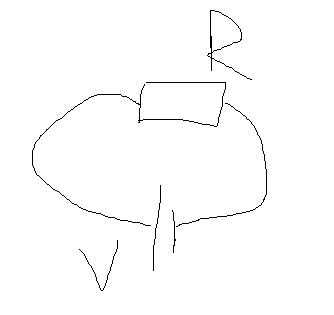For example, if you have a battery and you connect both ends with a short circuit with zero or low resistance, why does it short circuit? What causes this internally? What are really happening with the charges that cause this "explosion"?
edit: I specifically want to know why connecting two ends of the battery with a wire with (hypothetically) no resistance would short it.


